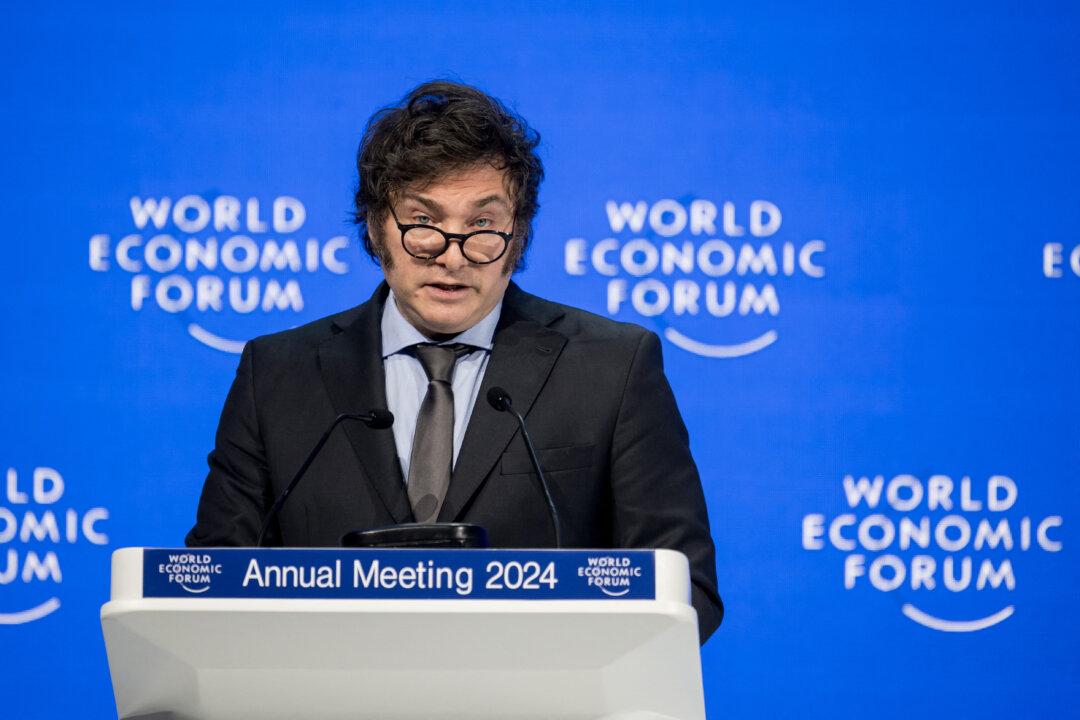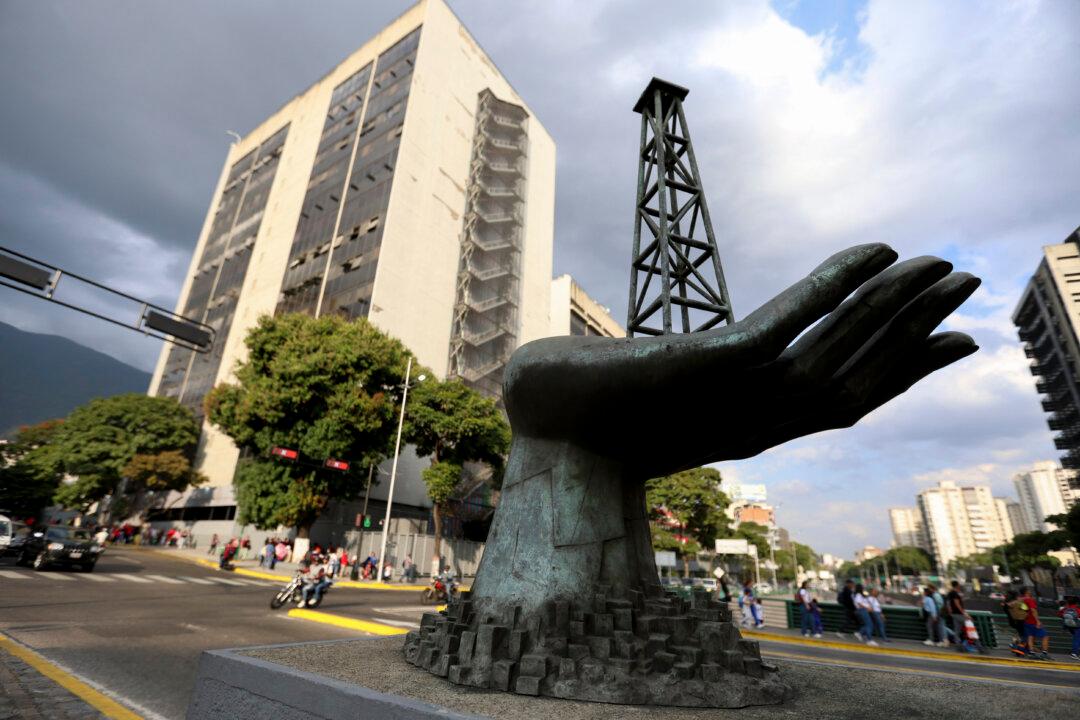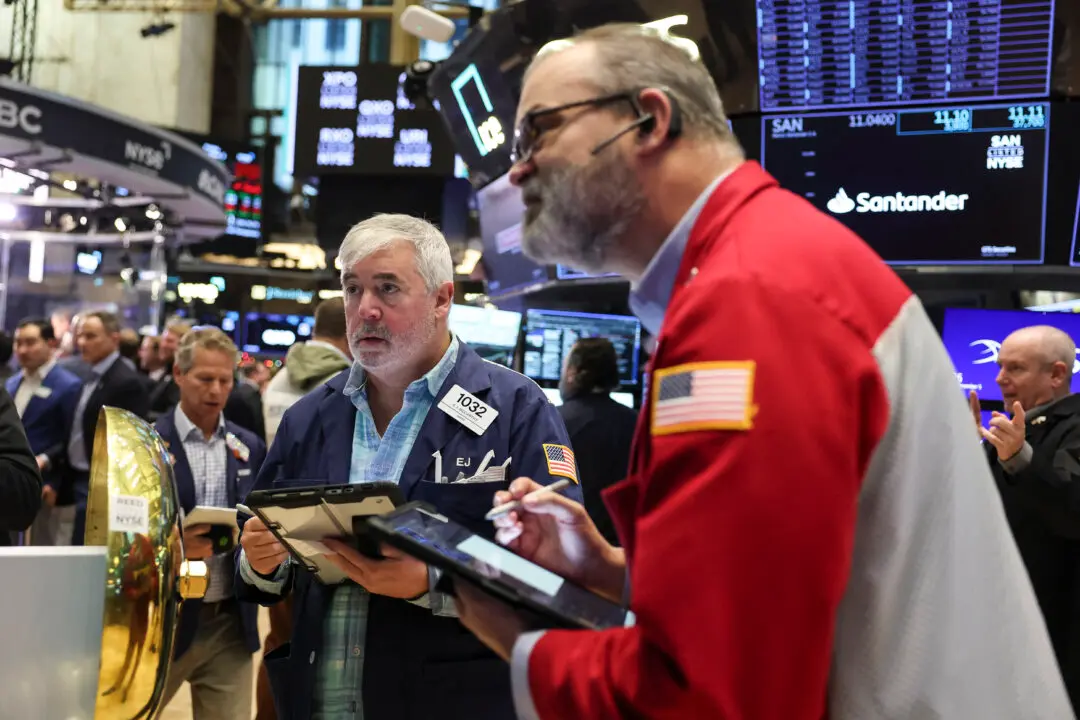Commentary
Big corporations and global leaders adhere to and assume growing interventionism and the advance of socialism because, for politicians, it’s an excellent way of perpetuating their power and control over citizens, while multinationals tolerate it because they have enough financial muscle and size to absorb the pernicious effects of the massive rise in public debt and monetary imbalances, public spending, taxes, barriers to trade, and progress.





